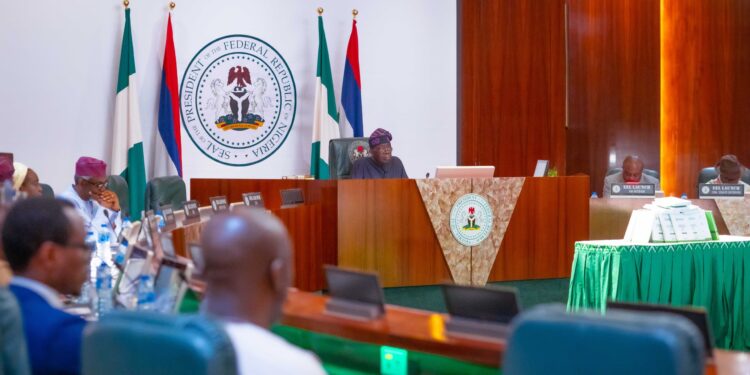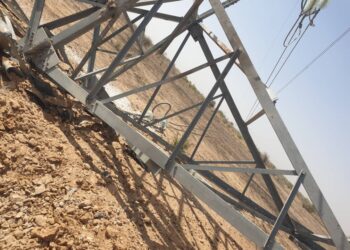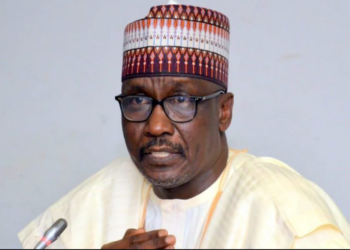The Federal Executive Council (FEC) has approved contract for the metering of 187 crude oil flow stations in the Niger Delta region.
The Minister of State for Petroleum Resources (Oil), Heineken Lokpobiri, announced this to reporters in Abuja on Friday, July 12.
He stated that the project, aimed at curbing crude oil theft, has a completion timeline of 180 days.
He also noted that the metering is intended to properly account for the country’s oil production and export.
“Two days ago, the Federal Executive Council meeting was held, presided over by Mr. President, Commander-in-Chief of the Armed Forces, wherein we took some very bold steps to reorganize the oil and gas sector.
“One of the key approvals by the Federal Executive Council on Wednesday that held on Wednesday has to do with awarding a contract for the metering of our 187 flow stations across the Niger Delta region of Nigeria by the Nigerian Upstream Petroleum Regulatory Commission, (NUPRC).
“As part of our steps to ensure that we have proper accountability, the Federal Executive Council approves the metering of all our production.
“We have 187 flow stations in the country, metered across the Niger Delta area, and there was a contract awarded for us to meter all the flow stations so that we will be able to properly account for what we produce and what we export,” Lokpobiri said.
Additional Advanced Cargo Contract
Furthermore, Lokpobiri revealed that the Federal Executive Council meeting approved a contract for an advanced cargo tracking system, expected to be completed within 180 days.
While he did not disclose the cost, he mentioned that the contracted company would provide technology to monitor the loading of all crude oil cargoes in the country and track them to their destinations.
He said the software will track the oil from the terminals to the flow stations and final points.
“The second key issue is what we call advanced cargo. As part of the steps towards ensuring that we account for what we produce, and then Nigerians getting to get the maximum value for what we produce.
“The second memo that was approved by the council has to do with what we call advanced cargo, which means we are awarding a contract to a company that will provide the technology within 180 days, the same period, to enable us to know from the point of loading of every cargo of crude oil that’s loaded in Nigeria up to the point of destination. That is why I call it advanced cargo.”
What you should know
For over a decade, the oil and gas sector has struggled with underinvestment and a lack of necessary infrastructure to drive growth.
This prolonged period of stagnation has hindered the sector’s potential and affected the overall economic progress of the country.
In response to these challenges, President Bola Tinubu signed an executive order aimed at boosting the sector.
This order includes various incentives designed to stimulate development and attract new investments. The government’s proactive approach signifies a significant step toward revitalizing the industry.
Moreover, the Nigerian National Petroleum Corporation (NNPC) Limited has taken decisive action to improve the investment climate.
The NNPC resolved several legal disputes with International Oil Companies (IOCs), removing significant barriers that previously hindered progress. This resolution is expected to create a more favourable environment for investment.
























